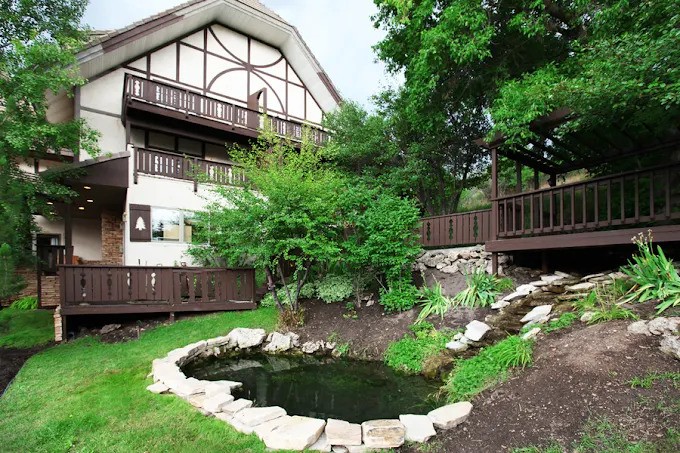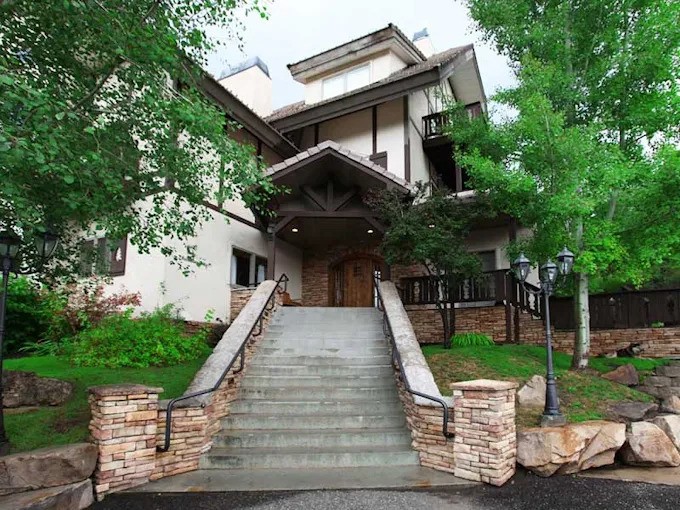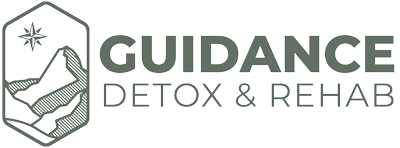Dialectical Behavioral Therapy (DBT) in Utah
Find balance through specialized DBT for addiction recovery at Guidance Detox & Rehab, where emotional healing meets evidence-based treatment approaches.
Dialectical Behavioral Therapy for Substance Abuse
Sometimes the hardest part of recovery is learning to be gentle with yourself. DBT recognizes that healing happens when you can accept where you are while working toward where you want to be. Our warm, welcoming space allows you to explore this balance without judgment or pressure.
Unlike traditional talk therapy, Dialectical Behavioral Therapy for addiction emphasizes skill-building through practice and repetition. Our therapists guide you through exercises in mindful awareness, crisis survival techniques, and effective communication strategies. Each session builds upon the last, creating a foundation of emotional resilience that supports long-term sobriety.
Healing is possible, and you don’t have to do it alone. Let our DBT for substance use program remind you of your strength and resilience.


Balance Acceptance with Change
Learn to navigate intense feelings and build lasting recovery through compassionate dialectical behavior therapy support.


Honor Your Emotions, Transform Your Life
Discover how DBT teaches you to work with intense feelings rather than numbing them with substances.
What is Dialectical Behavioral Therapy?
Dialectical Behavioral Therapy (DBT) emerged from the understanding that some people are born with heightened emotional sensitivity, making them more vulnerable to using substances as coping mechanisms. This approach doesn’t try to eliminate difficult emotions but instead teaches you how to experience them without being controlled by them.
The “dialectical” philosophy means holding two seemingly opposite truths at once—you can accept yourself completely while still working to change harmful patterns. It provides a structured approach through skills training groups, individual therapy, and real-world practice opportunities. You’ll learn concrete techniques for managing crisis moments, improving relationships, and building emotional resilience.
DBT recognizes that lasting recovery requires more than willpower – it requires a comprehensive set of life skills. Through consistent practice and compassionate guidance, you’ll develop the ability to create meaningful connections and build a life that feels genuinely fulfilling.
Benefits of DBT Addiction Therapy
True freedom comes when intense emotions no longer dictate your choices. DBT offers a compassionate path where you learn to surf emotional waves instead of being swept away by them.
The positive effects of dialectical behavioral therapy include:
- Crisis survival techniques keep you safe during overwhelming moments
- Radical acceptance practices reduce internal struggle and self-judgment
- Communication skills strengthen supportive relationships in your life
- Self-soothing strategies provide healthy alternatives to substance use
- Values clarification helps you build a meaningful life worth protecting
Learning to manage your emotions gives you the freedom to face life without shutting down. You’re worthy of support that truly helps.


From Overwhelmed to Empowered
Learn practical techniques that turn emotional intensity into your greatest strength for sustainable sobriety and growth.


Compassionate Care, Authentic Healing
Our DBT-informed treatment honors your emotional journey while building practical skills in a nurturing mountain environment.
Our Dialectical Behavioral Therapy for Addiction
Recovery isn’t a one-size-fits-all journey, which is why we’ve woven DBT throughout every aspect of care at Guidance Detox & Rehab. Whether you’re just beginning detox or working through complex trauma, our team meets you exactly where you are with patience and expertise.
We offer a full spectrum of healing opportunities:
Our holistic programs provides you with distress tolerance techniques, interpersonal effectiveness skills, and wise mind practices necessary for discovering purpose beyond addiction recovery.
Start Your Recovery Journey –
Contact Us Today
Take the first step – contact Guidance Detox & Rehab today. We’ll respond quickly to support your journey, and your privacy is fully protected.
FAQ about DBT Treatment
Have questions about the treatment? We’re here to help. Learn about our plans, therapy options, and what to expect during your recovery journey so you can make informed choices.
How long does DBT treatment typically take?
DBT for substance abuse treatment usually involves a minimum commitment of 6-12 months to allow adequate time for skill development and practice. The four core modules (mindfulness, distress tolerance, emotion regulation, and interpersonal effectiveness) are typically covered over several months with ongoing reinforcement. However, treatment length is individualized based on your progress, specific needs, and recovery goals.
Can DBT help with co-occurring mental health conditions besides addiction?
Yes, DBT was originally developed for borderline personality disorder and has proven effective for various conditions, including depression, anxiety, PTSD, and eating disorders. Many people in addiction recovery also struggle with emotional dysregulation, relationship difficulties, or trauma-related symptoms that DBT specifically addresses. Our dual diagnosis approach ensures that all aspects of your mental health are treated comprehensively alongside addiction recovery.
What happens if I feel overwhelmed by learning so many new skills at once?
DBT is designed with this concern in mind – skills are introduced gradually and built upon each other systematically. Your therapist will help you identify which skills are most urgent for your immediate safety and focus on those first. You’re encouraged to practice just one or two skills at a time until they become more natural, rather than trying to master everything simultaneously.
Will I need to continue DBT skills practice after completing treatment?
DBT skills are designed to become lifelong tools that you can use whenever challenging situations arise. Most people find that regular practice helps maintain their emotional stability and supports long-term sobriety. We provide resources and strategies for continuing your DBT practice independently, and many graduates choose to participate in ongoing skills groups or refresher sessions.
What if I don't feel emotionally sensitive or intense like other people in DBT?
DBT skills are beneficial for anyone struggling with addiction, regardless of their baseline emotional intensity or sensitivity level. Some people use substances to cope with numbness or emptiness rather than overwhelming emotions, and DBT’s emotion regulation skills help you reconnect with your feelings in healthy ways.

